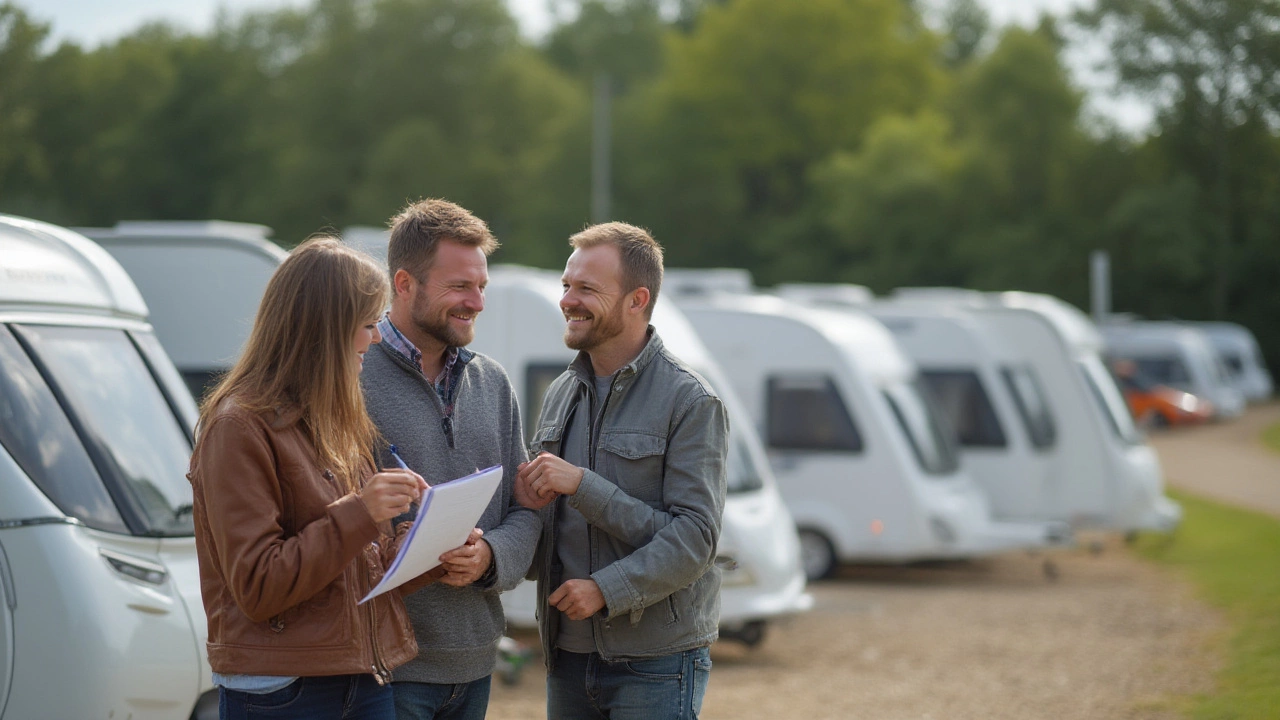RV Purchase Advice: Choose the Right Motorhome for Your Next Adventure
If you’re thinking about buying an RV, you probably have a mix of excitement and uncertainty. The good news is you don’t have to guess your way through it. Below are the real‑world steps that will help you pick a motorhome that fits your budget, lifestyle, and road‑trip dreams.
Class A vs Class C – Which Fits Your Needs?
Class A motorhomes feel like a tiny house on wheels. They’re spacious, have high‑rise ceilings, and often come with full‑size appliances. The trade‑off is a higher price tag and a bigger turning circle. If you travel with a family or spend long weeks on the road, the extra room can be worth it.
Class C rigs sit on a truck or van chassis and have a distinctive cab‑over sleeping area. They’re easier to drive, cheaper to buy, and use less fuel. For weekend getaways or a first motorhome, a Class C usually offers the best balance of comfort and cost.
Pull a Camper or Drive an RV? Cost Comparison
Pulling a camper means you need a tow vehicle that can handle the weight, plus you’ll pay for fuel on two machines. The upfront cost of a trailer is often lower than a full‑size RV, but you’ll add expenses for maintenance on both vehicles.
Driving an RV combines everything into one unit. You save on towing gear and simplify parking, but the purchase price and fuel consumption can be higher. Run the numbers: calculate daily fuel costs, insurance, and expected mileage to see which option fits your budget.
Don’t forget hidden costs. Whether you buy a Class A, Class C, or a camper trailer, you’ll need to budget for insurance, registration, routine maintenance, and occasional repairs. New rigs often come with a warranty, but older models might need new tires, brakes, or a fresh roof seal.
If you’re eyeing an RV lot, treat it like any other real‑estate investment. Look at location, demand, and potential rental income. A well‑situated lot can generate steady cash flow, but a remote site may sit empty for months. Do the math on purchase price, property taxes, and upkeep before you commit.
When you finally decide to buy, inspect the vehicle in daylight, check for water leaks, test all appliances, and take it for a test drive. Bring a checklist so you don’t miss anything important.
Finally, think about your long‑term plans. Will you travel full‑time, or just a few weeks a year? Do you need a kitchen, shower, and bedroom separate from the driver’s area? Answering these questions will narrow down the options and keep you from overspending.
Buying an RV is a big step, but with clear priorities and a few practical calculations, you can avoid buyer’s remorse and hit the road with confidence. Happy hunting!
Top Mistakes to Avoid When Buying an RV: Your Essential RV Buying Guide
Discover what not to do when buying an RV. Learn real-life buying mistakes, tips to avoid regrets, and advice that turns RV shopping into a smart investment.
